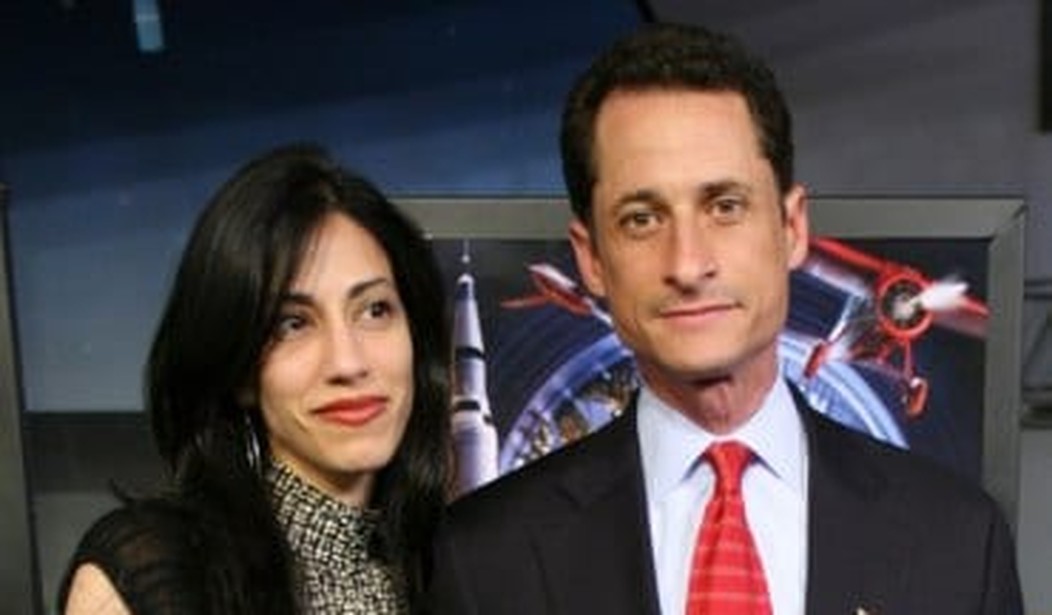Over the past week, an extraordinary wave of “Tea Party” protests has erupted across America. Citizens around the country have expressed outrage at the government’s mishandling of the financial crisis. And one of the most intriguing developments has been a resurgence in interest in Ayn Rand’s classic novel Atlas Shrugged.
Denver’s Tea Party protest opened with a reading from Atlas Shrugged. A sign at the New York City protest read, “Ayn Rand Was Right.” One banner at the Atlanta Tea Party said, “Read Atlas Shrugged Before It Happens.” The Ayn Rand Institute reports that sales of Atlas Shrugged have nearly tripled compared to last year due to Americans’ concerns about the economic crisis.
So why has there been such a renewed interest in Ayn Rand?
Stephen Moore identified one reason in his Wall Street Journal column, “Atlas Shrugged: From Fiction to Fact in 52 Years.” Atlas Shrugged depicted a future in which America descends into economic chaos due to ever-increasing government regulations. Each new problem spawns new government controls that merely deepen the crisis. The result is a downward spiral that nearly destroys America. Many Americans are finding Rand’s predictions uncomfortably close to real-life events.
Another reason for Rand’s appeal is her emphasis on the moral dimension. One of her themes was that no country can survive when its government constantly punishes good men for their virtues and rewards bad men for their vices. Americans correctly recognize that it is unjust for the government to take money from those who have lived frugally to bail out those who have lived beyond their means. Honest men should not be forced to pay for the irresponsibility of others.
Finally, Atlas Shrugged resonates with many Americans because they recognize that our current crisis is not just about bailouts and budget deficits. It’s also about a more fundamental issue — the proper scope of government.
Ayn Rand was a tireless defender of the principle that the only proper function of government was to protect individual rights.
As she wrote in Atlas Shrugged: “If man is to live on earth, it is right for him to use his mind, it is right to act on his own free judgment, it is right to work for his values and to keep the product of his work. If life on earth is his purpose, he has a right to live as a rational being.”
Hence, men require a government that protects their rights to life. All other rights — such as our rights to free speech, property, and contract — flow from that basic right.
Only physical force or fraud can violate our rights. Hence, the government protects our rights by protecting us from criminals who steal, murder, rape, etc., as well as from foreign aggressors.
Otherwise, the government should leave honest people alone to live peacefully. In particular, the government should protect our right to enjoy the fruits of our labors, not rob us to bail out failing businesses or to fund massive welfare-state programs such as “universal health care.”
America was founded on the principle of individual rights. The Founding Fathers understood this when they declared that all men possessed the rights to “life, liberty, and the pursuit of happiness.” Ayn Rand understood this when she wrote Atlas Shrugged.
But unless today’s Tea Party protesters rediscover and reaffirm this principle of individual rights, their movement will fizzle, just as similar protests fizzled after an initial burst of outrage following the 2005 Supreme Court Kelo decision allowing the government to take away a person’s home via “eminent domain.”
America’s future is at stake. Do we want to enlarge an already-bloated welfare state that tramples on our rights and strangles the economy? Or do we want a limited government that protects our rights and allows individuals to prosper and thrive?
If Americans wish to save America, we must couple our outrage at the government bailouts with a positive vision of a properly limited government. Fortunately, Atlas Shrugged offers us such a vision. Americans should demand a government that respects our rights to “life, liberty, and the pursuit of happiness.” Now that would be change I could believe in.









Join the conversation as a VIP Member